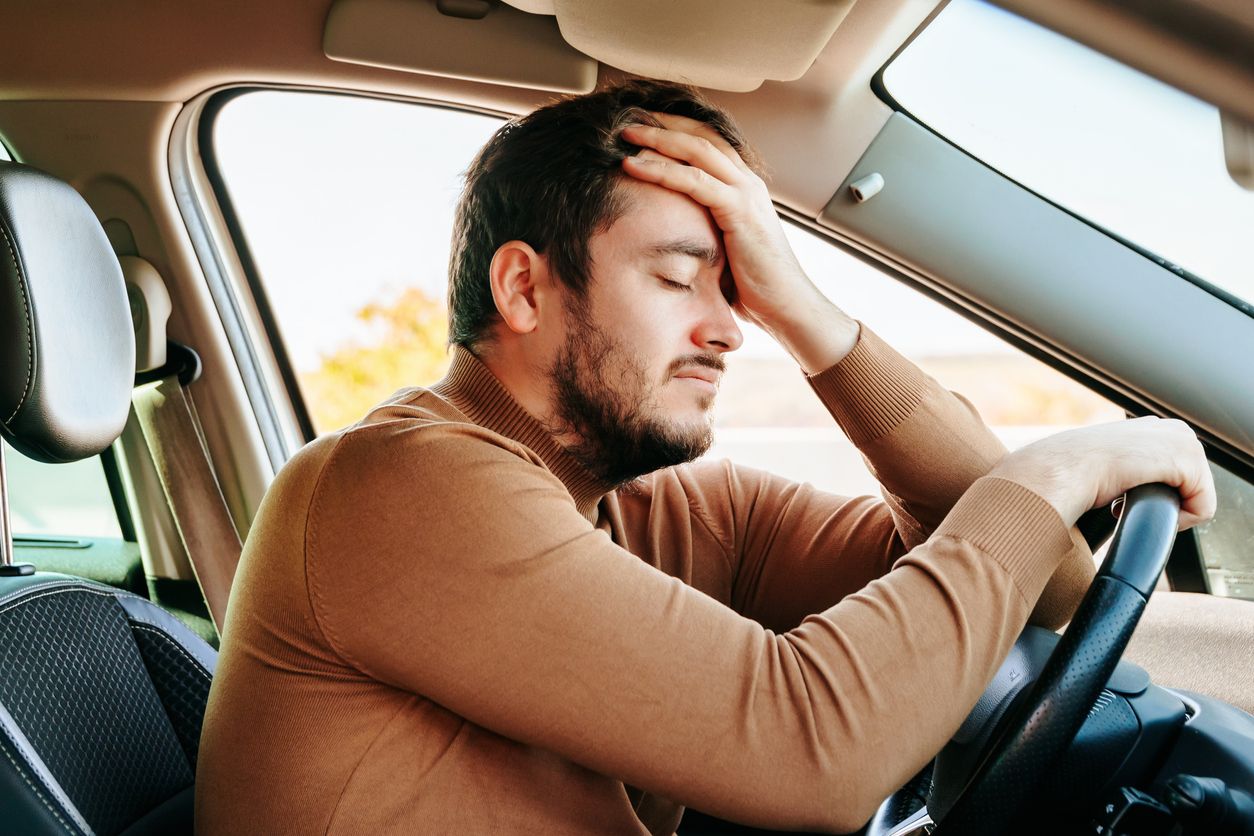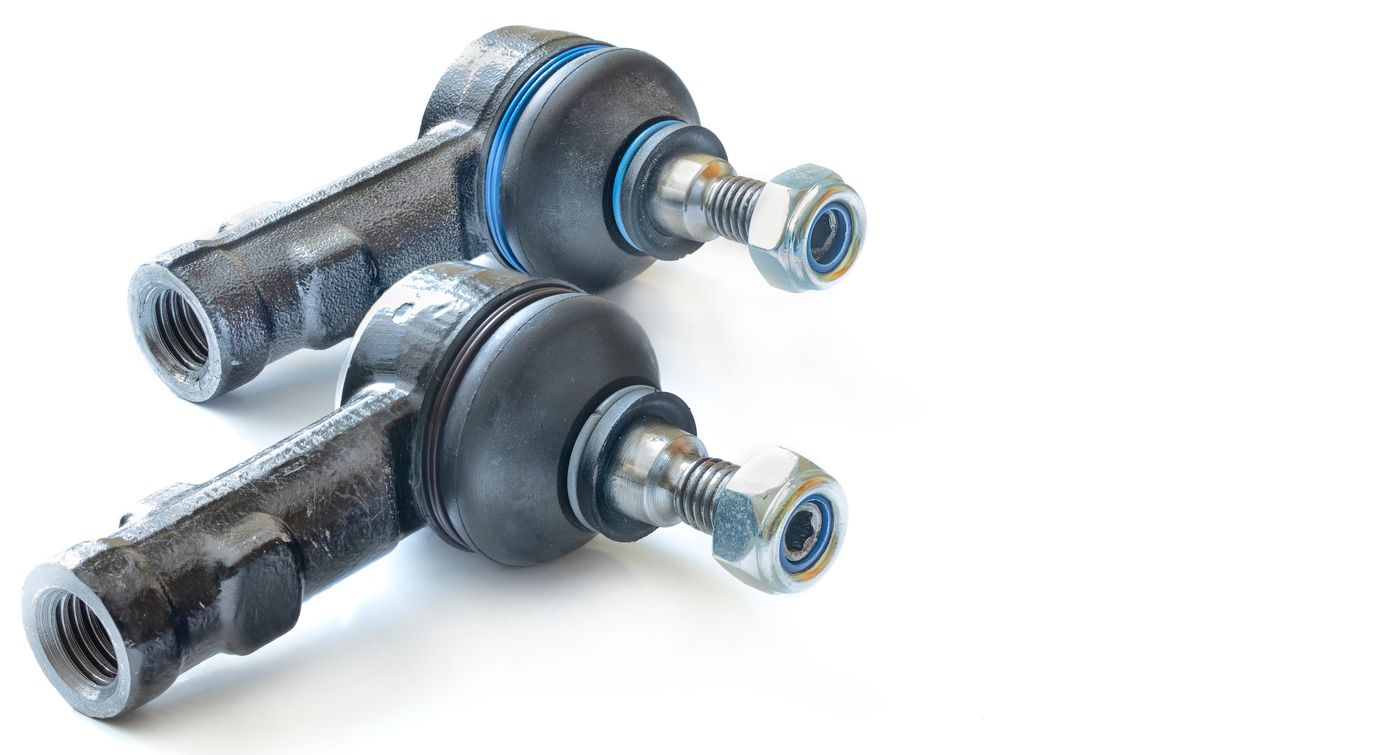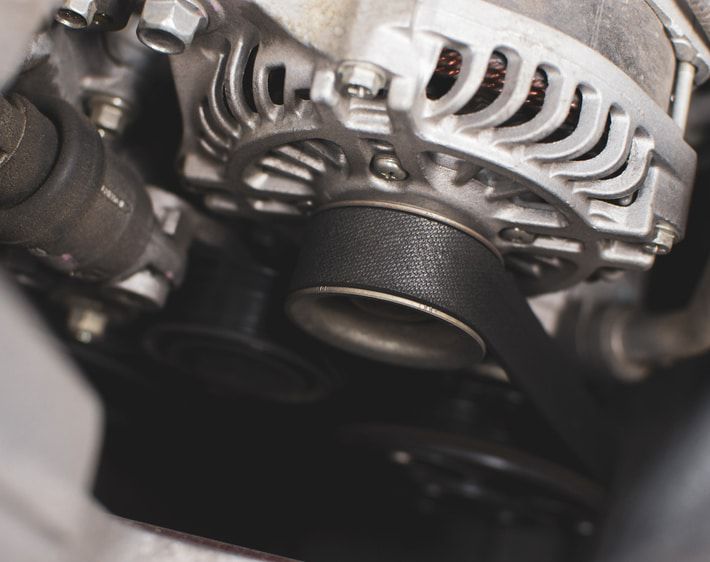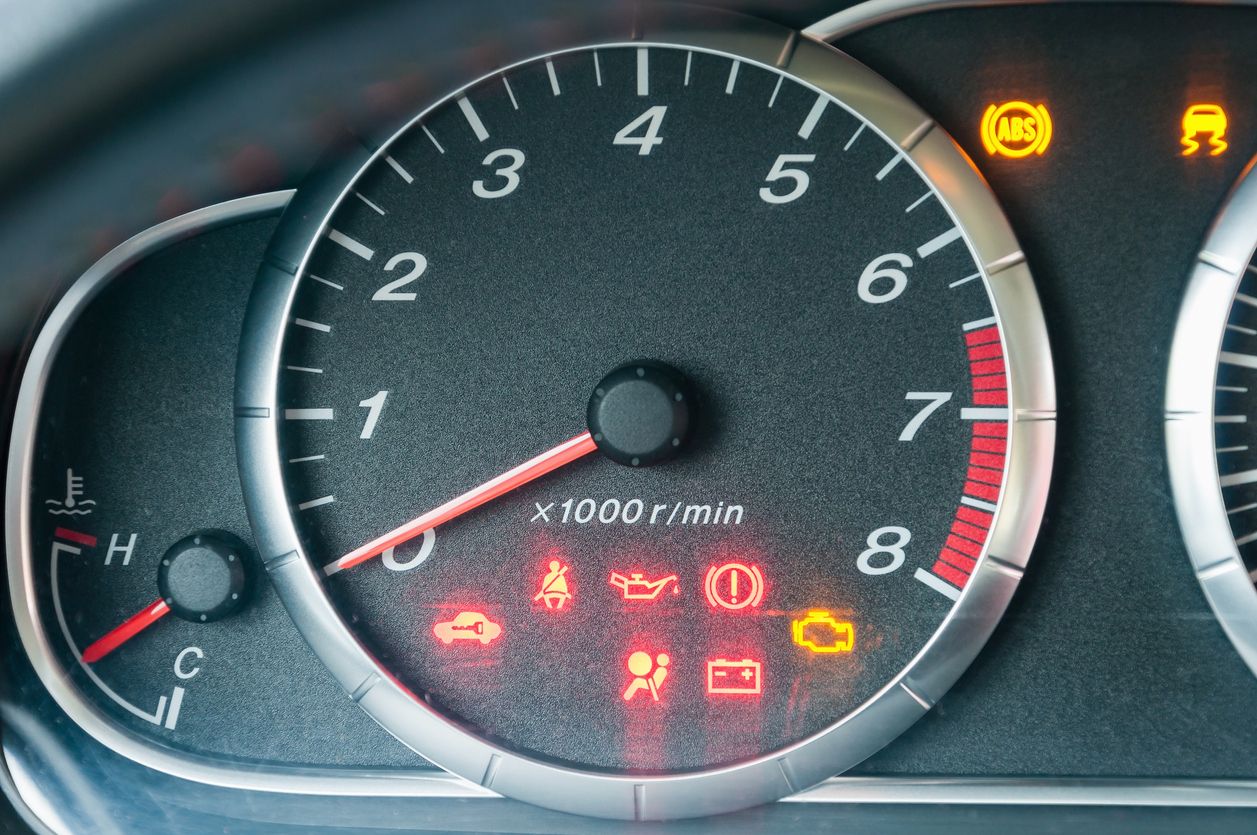When your car turns off when stopped, it’s more than an inconvenience — it’s likely a signal that something’s wrong under the hood. From dirty fuel injectors to triggers from advanced start-stop technology, understanding the reasons behind this issue can save you stress, time, and money.
Read on to learn about the common culprits of engine stalling — from critical component failures to intentional features — and what to do about them.
Why Do New Cars Turn Off When Stopped?
The good news is that if you have a new vehicle that shuts off when stopped but starts again when you’re ready to keep driving, you likely have nothing to worry about! Many modern vehicles are equipped with start-stop systems — technology that’s designed to improve fuel economy and reduce emissions. Here’s how it works:
- When you press the brake pedal and bring the car to a full stop, the engine automatically shuts off to save fuel, but your interior and exterior accessories, such as radios and headlights, remain on.
- When you release the brake pedal and step on the gas pedal, the starter motor re-engages, and the engine restarts seamlessly.
Why Does My Car Die When I Stop?
If your vehicle isn’t equipped with start-stop technology but the engine shuts off when stopped, this is typically a sign that something isn’t functioning as it should. Here are some of the most common offenders:
Idle Air Control Valve
Often found on or near the throttle body, your idle air control (IAC) valve helps your engine idle smoothly by regulating airflow when the throttle is closed. A clogged or malfunctioning IAC valve can restrict airflow, causing your engine to stall when you come to a complete stop. Symptoms of a bad IAC valve include inconsistent idle speed, rough idling, or difficulty starting.
Dirty Fuel Injectors/Fuel System Issues
Fuel injectors deliver precise amounts of fuel to your vehicle’s engine. If they’re dirty or clogged, they can disrupt the fuel flow, leading to stalling and inconsistent performance — especially when idling or accelerating.
Malfunctioning Alternator
Your car's alternator powers its electrical systems and charges its battery when the engine is running. A failing alternator might not generate enough power at low speeds, causing the engine to stall when you stop. Other signs of a bad alternator include dim or flickering lights, a dead battery, or warning lights on your dashboard.
Why Does My Car Die When I Slow Down?
If your car is dying when it slows down, it could be due to the same issues as those above, or it could be caused by these culprits:
Clogged EGR Valve
Your vehicle’s exhaust gas recirculation (EGR) valve recycles some exhaust gases into the engine to reduce emissions. When the EGR valve is stuck open, it can disrupt your engine’s air-fuel ratio, especially during deceleration, causing the engine to stall. Bad EGR valves are often associated with reduced fuel efficiency and a noticeable fuel smell at idle.
Bad Torque Converter
In automatic transmissions, the torque converter takes the place of a manual transmission’s clutch — the component responsible for transferring power from the engine to the transmission. If malfunctioning, it might not disengage when you slow down, causing your engine to stall from the excess load during a low-power state. Other common signs of faulty torque converters include shuddering, transmission slipping, and poor acceleration.
Faulty Sensors
Modern vehicles rely on various sensors to manage engine performance. As such, faulty sensors can send incorrect data to the ECU, disrupting the engine’s operation. For example, your crankshaft position sensor can disrupt your engine’s timing, and your oxygen or mass airflow sensor can disrupt the air-fuel balance. All of these can lead to an underperforming vehicle that stalls during deceleration.
Electrical Issues
Your vehicle’s electrical system is a complex conglomerate of wires, sensors, and crucial components. So, from bad spark plugs or failing electronic control units (ECUs) to faulty wiring or relays, practically any malfunction in this system can cause your vehicle to stall. Since this system is so complex, symptoms vary widely. You may experience backfiring, knocking, poor performance, and more, depending on the issue this system is suffering from.
How to Potentially Prevent Vehicle Stalling
If your vehicle is stalling or shutting off when you stop, there isn’t much you can do other than bring it to a professional for diagnosis and repair. But how can you prevent this issue from occurring in the first place? At Firestone Complete Auto Care, we subscribe to the age-old idiom, “An ounce of prevention is worth a pound of cure.”
Here are five helpful preventative maintenance tips that’ll help you avoid engine issues in the future:
- Above all else, follow your manufacturer’s suggested maintenance schedule.
- Change your fluids regularly.
- Replace spark plugs as needed. They typically last around 80,000 miles before requiring replacement.
- Have your vehicle inspected regularly to catch issues with sensors, valves, and other critical components before they become a serious problem.
My Car Shuts Off When I Stop. What Now?
While some issues can be diagnosed by simply feeling, looking, and listening for their symptoms, many can’t. That’s why we recommend stopping by Firestone Complete Auto Care for a car inspection. Whether you’re only looking for a free courtesy check or a complete vehicle inspection, you can trust our knowledgeable technicians to find issues before they become a show-stopping problem — and if it turns out that you need engine repair, we can help with that, too.
So, visit your local Firestone Complete Auto Care for reliable diagnostics and repairs to keep you cruising smoothly. Schedule an appointment today!



